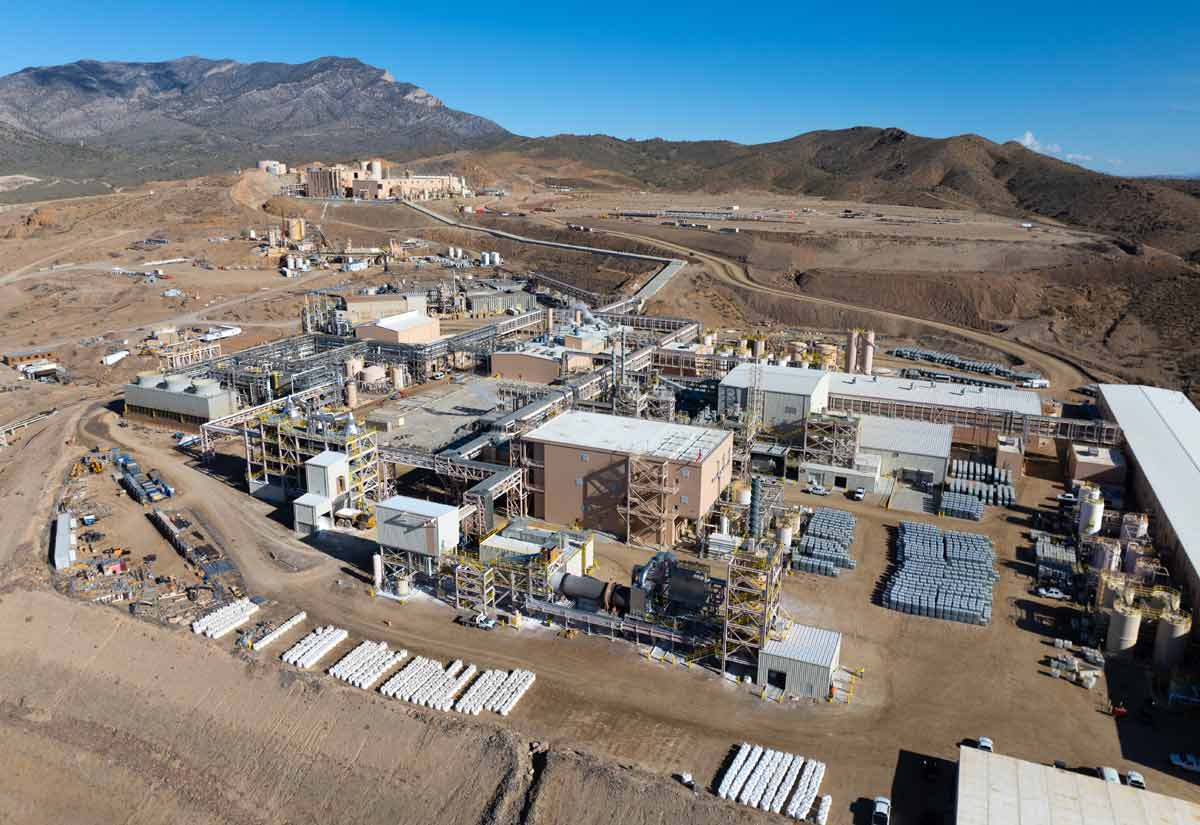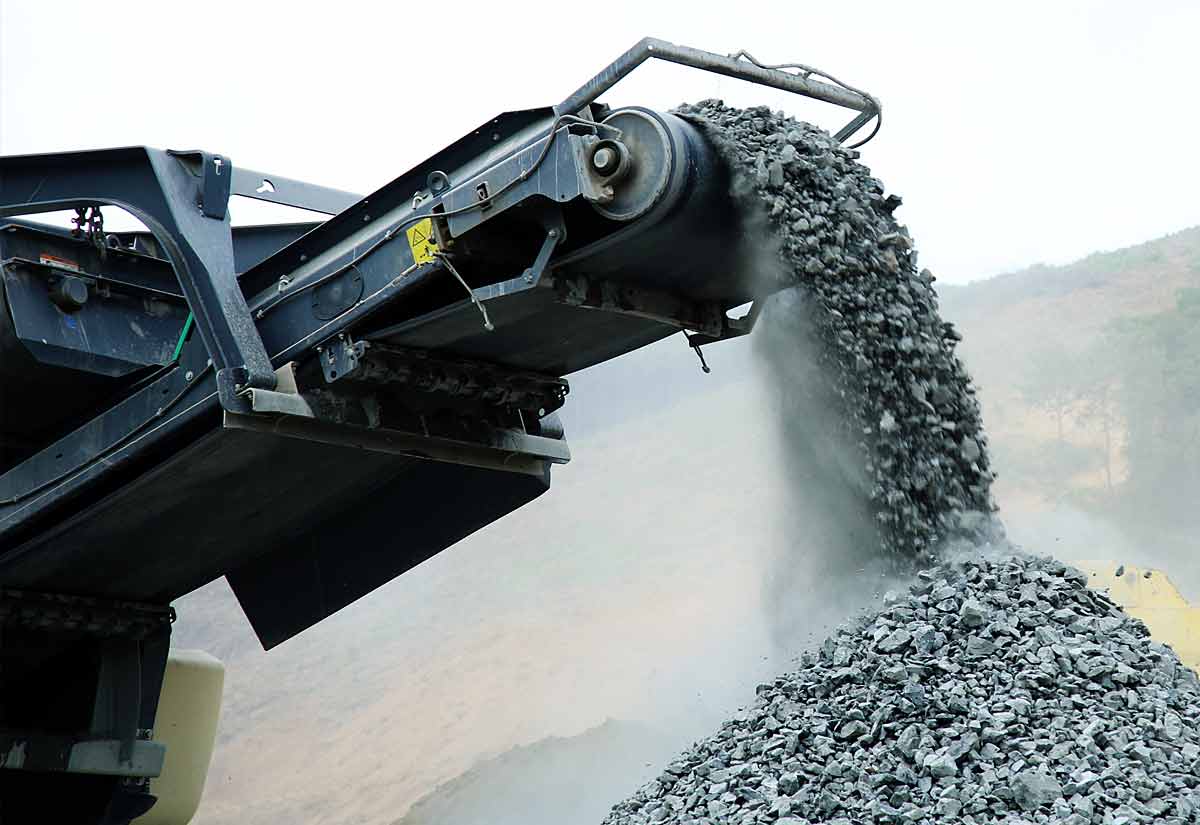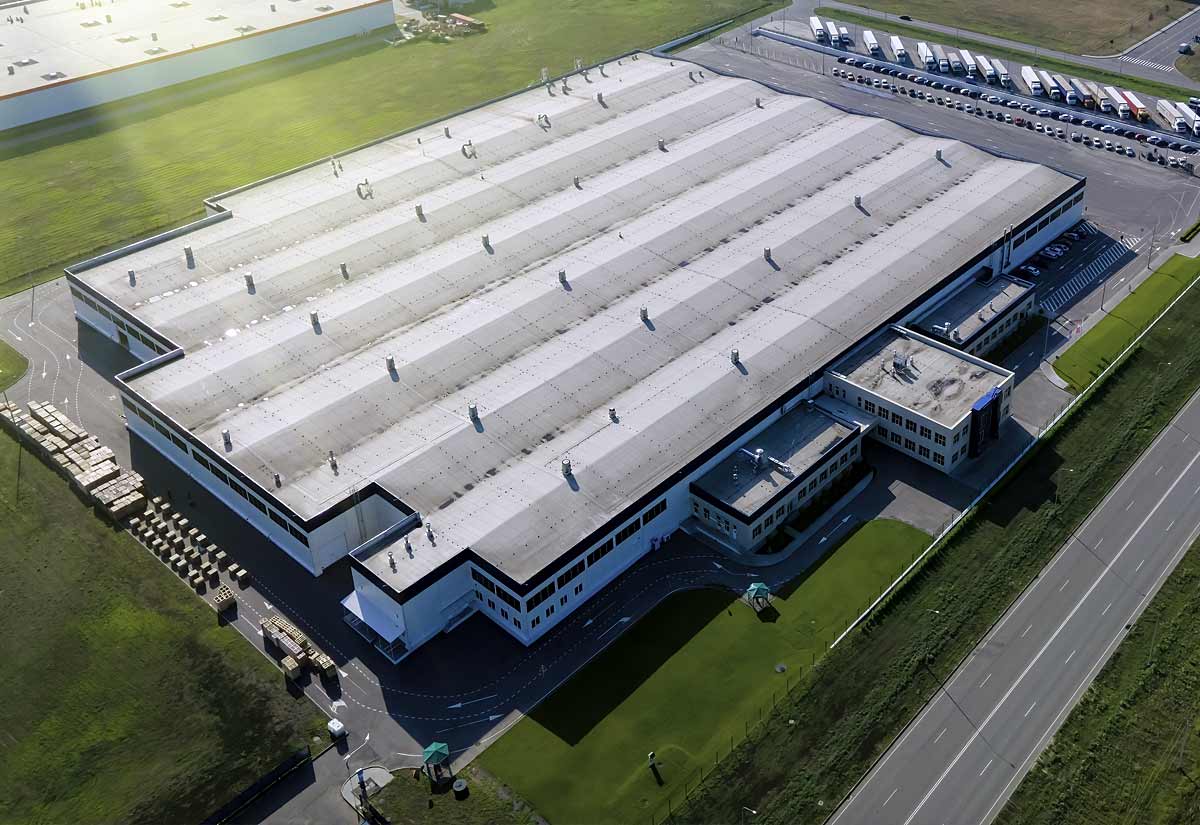The Origins of Lean Six Sigma
Lean Six Sigma, LSS, is becoming more prevalent as a prerequisite for employment in both the mining and manufacturing sectors. Any business process can benefit from a philosophy of continuous improvement which is the focus of Lean 6 Sigma techniques, and why more organizations today are requiring familiarity if not expertise in the principles of LSS.
The hybrid combination of two efficiency-centric management processes was first developed to optimize 20th Century manufacturing, especially mass production, after World War Two. The origins of Lean 6 Sigma are a bit of an enigma today, as various corporations all claim the historical credit for developing the popular management technique.
While some claim the evolving business philosophy of continuous improvement can be traced back to the late 18th Century to practices developed by Bell Telephone, it is generally accepted that Lean 6 Sigma is a combination of Japanese and American production expertise. Whatever the origins, in today’s competitive marketplaces, a working knowledge of Lean 6 Sigma principles is always beneficial for anyone involved in production processes.
Lean Manufacturing Plus Six Sigma
Lean Six Sigma (LSS) is a blend of two proven business management tools. “Lean” is the technique developed by Toyota and focuses on efficiency in the manufacturing process. “Six Sigma” was developed by Motorola and focuses on customer satisfaction. Combining these two principles as LSS provides an effective tool that decision-makers in all types of production operations can apply.
5 Laws of Lean Six Sigma
- The customer always comes first. This principle is known as the “The Law of the Market.” Everyone from the boardroom to the stockroom needs to understand that the customer is the irreplaceable asset which makes the business possible. No customers, no business. It’s that simple.
- The second principle is “The Law of Flexibility.” Businesses need to be resilient and able to adapt to changing market demands or conditions. This is especially true in the mining industry where environmental regulations can change rapidly. In manufacturing, new smart technology may be required simply to remain competitive with rivals who have already moved aggressively into the age of Industrial 4.0. “If it ain’t broke don’t fix it” or “We’ve always done it this way” are outdated maxims which have no place in the LSS management philosophy. Decision-makers need to always be mindful of the first law of the market and flexible enough to adapt to it, or the organization could find itself in the same sad situation that candlemakers did after Edison introduced the light bulb.
- The third principle is “The Law of Focus.” When a problem occurs, all employees need to focus on the solution without distraction from other areas of the business which are running smoothly and don’t require immediate action. Hiring quality employees quickly to overcome a personnel shortage is one example. When the whole team is focusing on the problem, it’s sure to be resolved more quickly as opposed to the recruiting, screening, and hiring responsibilities all falling on one person.
- The fourth principle is “The Law of Velocity.”. Velocity addresses business processes such as production, shipping, and receiving, supply, sales, etc., and the steps required to complete those processes. We use this principle to eliminate wasted time and materials to come up with the most efficient lean, mean, business machine. Again we apply the first three principles to find wasteful steps in our processes, and again, it is the entire company contributing. Those actually doing the work are usually those with the best suggestions for improving workflow.
- The fifth principle is “The Law of Complexity.” In manufacturing, this principle is also known as “The Law of Complexity and Cost.” The fifth principle addresses one question: Is the end product worth the time, effort, labor, and materials required to produce it? If the answer is “no,” we either need to slim down the process itself or find a better more cost efficient product.
About Resource Erectors
At Resource Erectors, we understand that connecting your organization with the best-qualified talent available is part of your own philosophy of continuous improvement. We specialize in matching up North America’s best companies with the best professionals in mining, civil construction, engineering, and manufacturing. If you’re a seasoned experienced professional who is ready to make a career move, we have the jobs you need to move up the ladder, so don’t hesitate to contact us.











